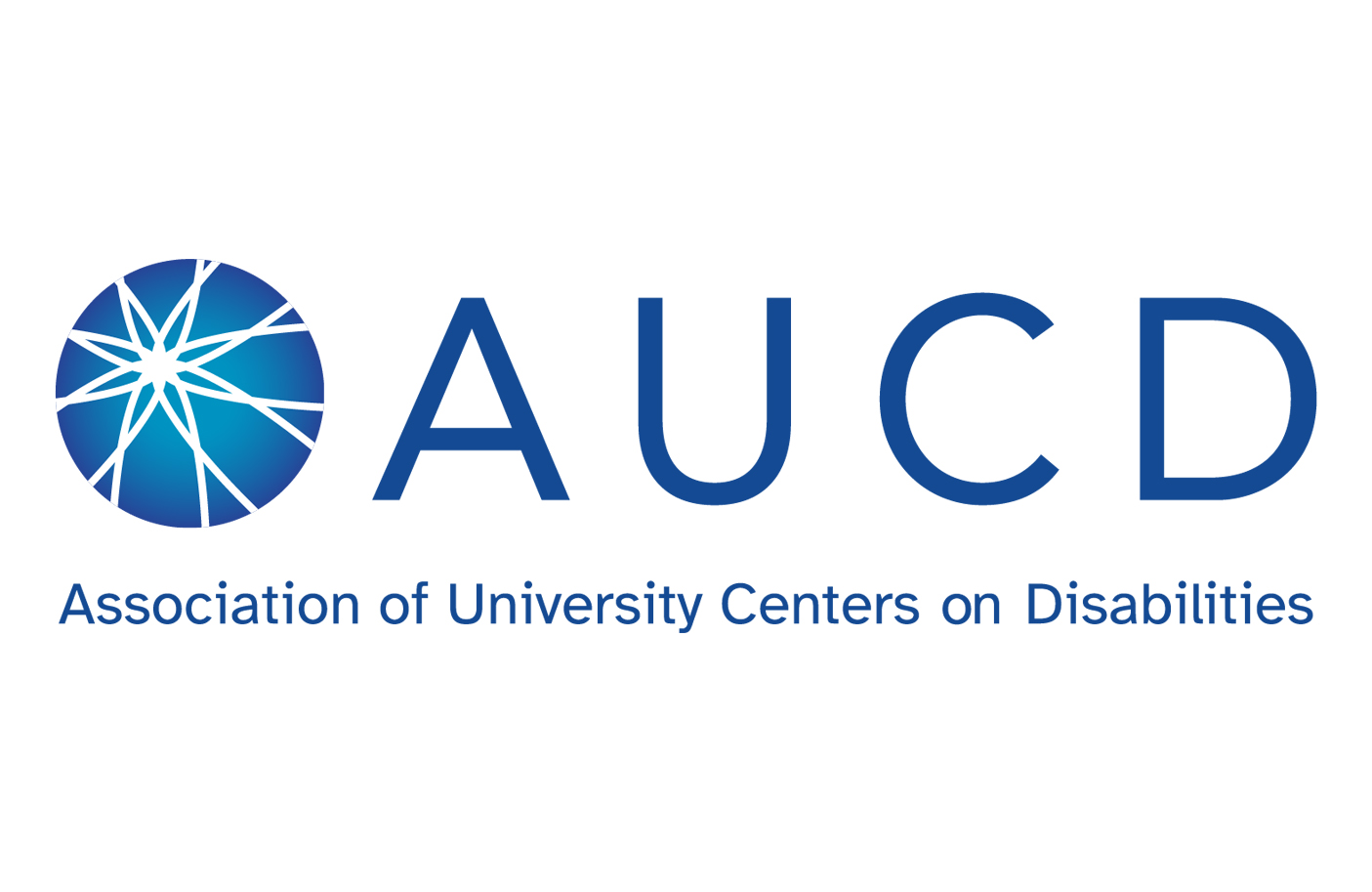Today, President Trump, Department of Health and Human Services Secretary Robert F. Kennedy, Jr. and other HHS leaders made a series of announcements about “reversing the autism epidemic.” The conclusions from the administration repeat a troubling pattern: relying on discredited and debunked past scientific studies, using language that demeans autistic people, and spreading misinformation that undermines public health.
The announcements included:
1. Tylenol and Pregnancy
The Administration’s Claims
The administration conveyed a direct link between use of Tylenol (acetaminophen) by pregnant women and autism in children. They went even further to suggest that young children should not be given Tylenol for its alleged relationship with autism. The Food and Drug Administration (FDA) is issuing a physicians notice about “potential risks” of acetaminophen during pregnancy. Secretary Kennedy announced a nationwide “public service campaign” about the risks of acetaminophen.
The Facts
These statements run directly counter to the guidance of medical experts, including the American College of Obstetricians and Gynecologists, and could put pregnant people and their children at risk. The President, when asked about the American College of Obstetricians and Gynecologists’ position, dismissed their expertise as merely being “establishment.”
Acetaminophen use during pregnancy has not been shown to cause autism. In a study of nearly 2.5 million Swedish children, it was concluded that use of the painkiller “during pregnancy was not associated with children’s risk of autism, ADHD, or intellectual disability in sibling control analysis. This suggests that associations observed in other models may have been attributable to familial confounding.”
2. Leucovorin and Autism
The Administration’s Claims
Secretary Kennedy linked Folate deficiency in children’s brains to autism. The Secretary claimed that Leucovorin, also called folinic acid, could be used going forward for both the “prevention and reversal” of autism. FDA will be approving prescription Leucovorin for autistic children, and Medicaid and CHIP will cover Leucovorin, this despite the $1.02 trillion cuts that will eliminate at least 10.5 million people from the programs enacted through the “One Big Beautiful Bill” (H.R.1) in budget reconciliation.
The Facts
The evidence that supports using folinic acid to treat autism is minimal—it “consists of five small clinical trials with the number of participants ranging from 19 to 80 people” and bears out that when larger studies are conducted, the smaller the effect is, according to this source. Further, marketing Leucovorin as a blanket “treatment” for autism without drilling down into what symptoms or behaviors it is addressing is reckless.
3. Vaccines
The Administration’s Claims
President Trump spent much of his time spreading misinformation about vaccines. He has encouraged spacing out all childhood vaccines in indiscriminate ranges, reducing childhood vaccines without any scientific backing for why parents should forgo lifesaving immunizations, and directly linked vaccinations with autism.
The Facts
Vaccines are safe. Decades of independent research confirm there is no causal relationship between vaccines and autism. Vaccines save lives and prevent diseases in children.
AUCD affirms that autism is not something to be “reversed” or “prevented.” Autistic people are valued members of our communities who deserve respect, support, and opportunities to thrive like everyone else. Portraying autism as a tragedy or epidemic only perpetuates stigma.
We are alarmed by the rushed nature of the Administration’s “research” and subsequent announcement. Strong scientific discovery takes time, breadth, and peer review. It should not be rushed—autistic people pose no danger to society and deserve to live in peace without being demeaned by their government, treated as people whose disability should be prevented at all costs. Secretary Bhattacharya’s announcement of the Autism Data science Initiative within the National Institutes of Health is further evidence of the Administration building research infrastructure to find a cause of autism that fits their agenda. At the same time, proposals to cut funding for Medicaid, education, and community living services threaten the resources autistic people and their families rely on most.
“The administration is recycling discredited theories that put public health at risk and stigmatize autistic people. Federal policy must be guided by evidence and by the full range of autism community, not by misinformation or ideology,” said Lillie Heigl, AUCD’s Director of Policy. “Decisions about autism research and services must reflect the best available evidence and include the voices and lived experiences of autistic individuals themselves, families, and clinicians.”
As a national leader in disability and public health, AUCD urges public officials and the media to uphold scientific integrity, reject harmful myths and stereotypes, and strengthen the systems of support that empower autistic people to live full, self-determined lives.
AUCD is available for contact. Please contact Lillie Heigl, Director of Policy, at [email protected].
About AUCD
The membership of AUCD includes a national Network–serving every state and territory–of 68 University Centers for Excellence in Developmental Disabilities (UCEDDs), 60 Leadership Education in Neurodevelopmental and Other Related Disabilities (LENDs) Programs, and 15 Intellectual and Developmental Disabilities Research Centers (IDDRCs). Together, these Centers and Programs provide a direct national impact through direct services, the development of new professionals, and the use of new knowledge generated from our research. Find a Center or Program near you. Explore AUCD’s Policy and Advocacy webpage.
###










